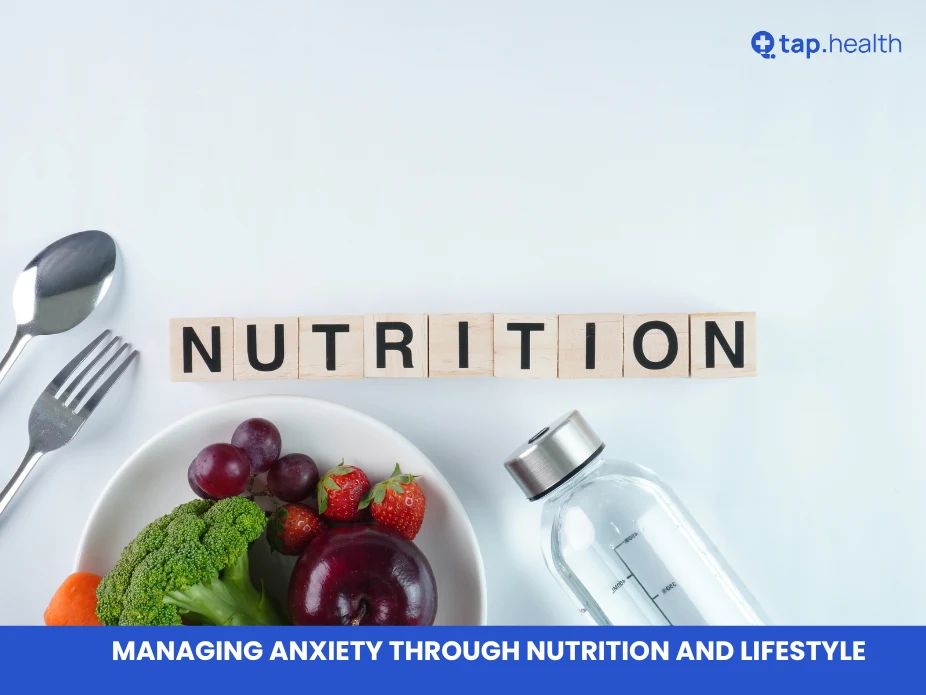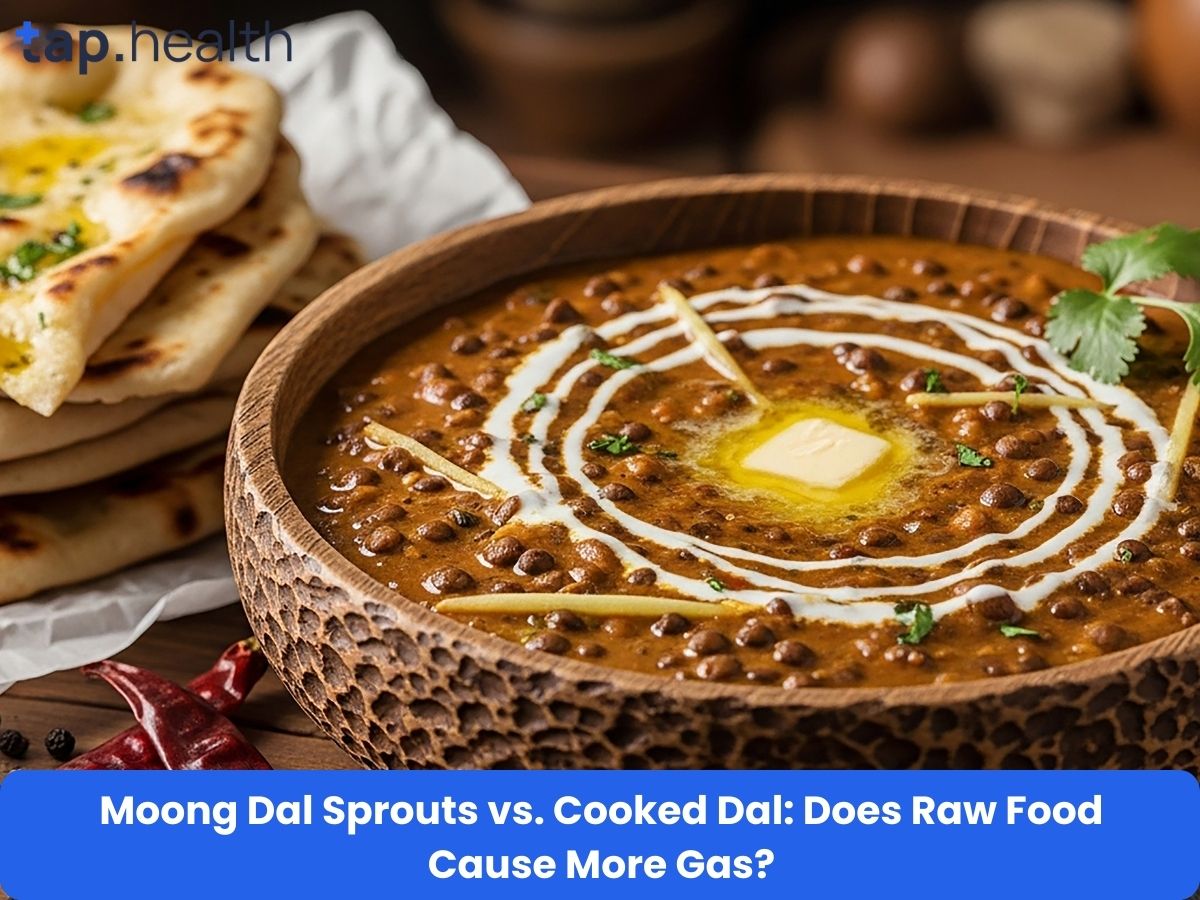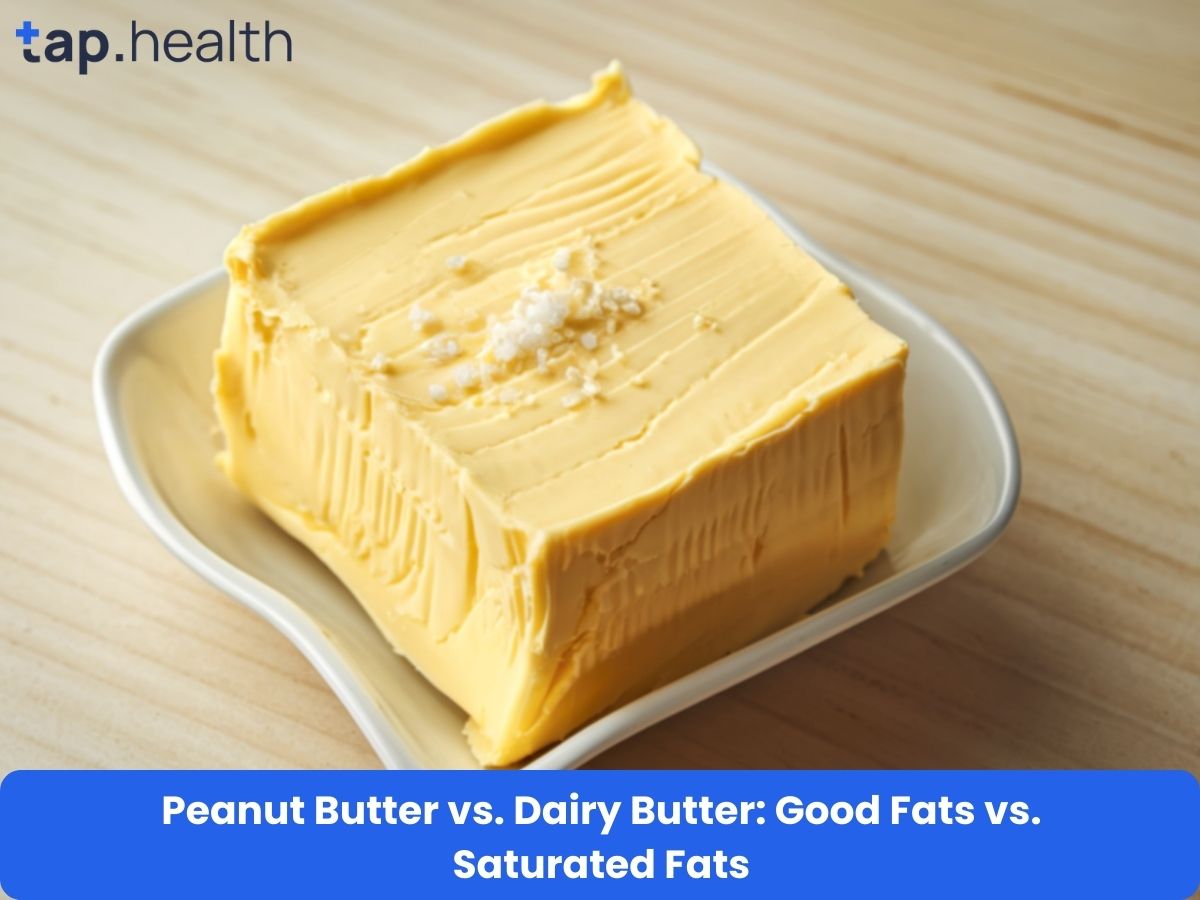Anxiety is a common mental health issue that affects millions of people worldwide. It manifests as constant worry, restlessness, or even panic attacks, and it can interfere with daily life and overall well-being. While therapy, medications, and mindfulness practices are common approaches to managing anxiety, nutrition and lifestyle changes are often overlooked but play a significant role in reducing anxiety symptoms.
In this article, we will explore the powerful connection between anxiety, nutrition, and lifestyle habits, and provide practical strategies for managing anxiety through dietary changes, exercise, sleep, and other self-care practices.
The Link Between Nutrition and Anxiety
Our diet is not just fuel for the body but also plays a key role in brain function, mood regulation, and mental health. The foods we eat can either contribute to or alleviate symptoms of anxiety. By focusing on foods that stabilize blood sugar, reduce inflammation, and support neurotransmitter function, we can effectively manage anxiety and improve our emotional well-being.
1. Blood Sugar Regulation and Anxiety
Fluctuations in blood sugar levels can contribute to feelings of anxiety. When blood sugar levels drop too low, the body experiences stress, leading to irritability, anxiety, and nervousness. On the other hand, eating a diet that stabilizes blood sugar can help prevent these symptoms.
- Foods to Stabilize Blood Sugar:
- Whole grains (e.g., oats, quinoa, brown rice)
- Lean proteins (e.g., chicken, turkey, tofu, lentils)
- Healthy fats (e.g., avocados, nuts, olive oil)
- Fiber-rich vegetables (e.g., broccoli, spinach, kale)
These foods release energy more slowly into the bloodstream, preventing sharp spikes and crashes in blood sugar, which can trigger anxiety.
2. The Role of Omega-3 Fatty Acids in Anxiety Reduction
Omega-3 fatty acids, found in fatty fish, flaxseeds, and walnuts, are essential fats that support brain function and help regulate mood. Studies have shown that omega-3s can significantly reduce symptoms of anxiety by influencing brain chemistry, particularly by reducing inflammation and supporting the production of neurotransmitters like serotonin (the “feel-good” hormone).
- Sources of Omega-3s:
- Fatty fish (e.g., salmon, mackerel, sardines)
- Flaxseeds, chia seeds, walnuts
- Algal oil (for those who don’t consume fish)
Incorporating omega-3-rich foods into your diet can help alleviate anxiety by calming the central nervous system and promoting emotional balance.
3. Magnesium: A Natural Anxiety Reliever
Magnesium is a crucial mineral involved in neurotransmitter function and muscle relaxation, and it has a calming effect on the nervous system. A deficiency in magnesium has been linked to increased anxiety and stress.
- Foods Rich in Magnesium:
- Leafy greens (e.g., spinach, Swiss chard)
- Nuts and seeds (e.g., almonds, pumpkin seeds)
- Legumes (e.g., black beans, lentils)
- Whole grains (e.g., brown rice, quinoa)
Adding magnesium-rich foods to your diet may help reduce feelings of anxiety, promote relaxation, and improve sleep quality, all of which are critical for managing stress and anxiety.
4. Vitamin B Complex for Stress Management
B vitamins, especially B6, B9 (folate), and B12, play a crucial role in the production of neurotransmitters such as serotonin, dopamine, and GABA, all of which regulate mood and stress responses. A deficiency in these vitamins has been associated with an increased risk of anxiety and depression.
- Foods Rich in B Vitamins:
- B6: Turkey, tuna, chickpeas, potatoes
- B9 (Folate): Leafy greens, lentils, asparagus, avocado
- B12: Eggs, dairy products, fish, fortified plant-based milks
Including these B-rich foods in your diet can support your brain’s ability to manage stress, reduce anxiety, and improve mood regulation.
5. Antioxidants and Anxiety Relief
Oxidative stress (an imbalance between free radicals and antioxidants in the body) has been linked to anxiety and depression. Antioxidant-rich foods help reduce oxidative stress and inflammation, which can contribute to the emotional and physical symptoms of anxiety.
- Antioxidant-Rich Foods:
- Berries (e.g., blueberries, strawberries)
- Green leafy vegetables (e.g., kale, spinach)
- Nuts and seeds (e.g., almonds, sunflower seeds)
- Dark chocolate (in moderation)
- Herbal teas (e.g., chamomile, green tea)
Incorporating antioxidant-rich foods into your daily routine can reduce the impact of oxidative stress, leading to improved mood and better anxiety management.
Lifestyle Factors that Influence Anxiety
1. Exercise: A Natural Anxiety Reliever
Regular physical activity is one of the most effective ways to reduce anxiety. Exercise stimulates the production of endorphins, the body’s natural mood elevators, and helps reduce stress hormones such as cortisol. Even moderate exercise, such as walking, yoga, or cycling, can lead to improvements in mood and reductions in anxiety symptoms.
- Types of Exercise for Anxiety:
- Aerobic exercises (e.g., running, swimming, cycling)
- Strength training (e.g., weight lifting)
- Mind-body practices (e.g., yoga, tai chi, Pilates)
Exercise also promotes better sleep, which is essential for managing anxiety. A well-rested body is better able to handle stress and anxiety.
2. Sleep: The Foundation of Mental Health
Sleep is crucial for overall health, and its role in anxiety management cannot be overstated. Lack of sleep or poor-quality sleep can exacerbate anxiety symptoms, while adequate and restful sleep promotes emotional stability and cognitive function.
To improve sleep quality and manage anxiety, it’s important to establish a consistent sleep routine and create a sleep-friendly environment.
- Sleep Tips for Anxiety Management:
- Maintain a regular sleep schedule (going to bed and waking up at the same time each day).
- Create a calming bedtime routine (e.g., reading, deep breathing, or listening to soothing music).
- Avoid stimulants like caffeine and electronic screens before bed.
Improved sleep leads to better stress management, mood regulation, and a reduced risk of anxiety.
3. Mindfulness and Stress-Reduction Techniques
Mindfulness practices like meditation, deep breathing, and progressive muscle relaxation can be highly effective in managing anxiety. These practices help to calm the mind, reduce stress, and bring attention to the present moment. Even just 10–15 minutes of mindfulness practice per day can significantly improve anxiety symptoms.
- Mindfulness Practices for Anxiety:
- Meditation: Focus on breathing or guided meditation to calm the mind.
- Deep breathing: Use deep breathing techniques like the 4-7-8 method to reduce tension.
- Progressive muscle relaxation: Gradually tense and release muscle groups to alleviate stress.
Real-Life Scenarios
Scenario 1:
Laura, a 28-year-old graphic designer, had been dealing with chronic anxiety due to her demanding job. After consulting a nutritionist, she added more omega-3-rich foods like salmon and flaxseeds to her diet and cut back on caffeine. She also started exercising regularly, incorporating yoga and walking into her routine. Over time, Laura noticed a significant reduction in her anxiety levels and felt more balanced in her daily life.
Scenario 2:
John, a 40-year-old teacher, was experiencing high levels of stress and anxiety due to his hectic lifestyle. He started focusing on improving his sleep hygiene, incorporating more magnesium-rich foods like spinach and almonds into his diet, and began a daily meditation practice. Within a few weeks, John reported feeling more relaxed and less overwhelmed by stress.
Expert Contributions
Dr. Mark Davis, a psychologist, explains:
“Nutrition and lifestyle changes are incredibly powerful tools in managing anxiety. When combined with professional therapy or medication, these practices can enhance mental health and create long-lasting improvements in emotional well-being.”
Dr. Sarah Collins, a nutritionist, adds:
“The foods we eat have a profound impact on our brain chemistry. By focusing on a balanced diet rich in magnesium, omega-3s, and B vitamins, we can better manage anxiety symptoms and promote overall mental health.”
Conclusion: A Holistic Approach to Managing Anxiety
Managing anxiety involves a multifaceted approach that includes nutrition, exercise, sleep, and mindfulness practices. By focusing on nutrient-dense foods that support brain function and mood regulation, engaging in regular physical activity, improving sleep quality, and practicing mindfulness, individuals can significantly reduce anxiety and improve their overall mental health.
Adopting these healthy habits as part of a comprehensive strategy will help you manage stress and anxiety naturally, leading to a more balanced, calm, and fulfilling life.
Sources:
- National Institute of Mental Health: Anxiety Disorders
- Harvard Medical School: The Role of Nutrition in Mental Health
- American Psychological Association: Exercise and Mental Health
FAQs About Managing Anxiety
Q1: Can nutrition alone cure anxiety?
While nutrition plays a key role in managing anxiety, it is often most effective when combined with other treatments, such as therapy and medication. A holistic approach is recommended.
Q2: How long does it take for dietary changes to reduce anxiety?
It may take several weeks for dietary changes to show noticeable effects on anxiety. However, small improvements in mood and stress levels may be felt sooner, especially with regular exercise and mindfulness practices.
Q3: What are the best foods for reducing anxiety?
Foods rich in omega-3 fatty acids, magnesium, B vitamins, and antioxidants are excellent for reducing anxiety. Focus on fatty fish, leafy greens, whole grains, and colorful fruits and vegetables.
Q4: Can exercise help with anxiety?
Yes, regular exercise stimulates the release of endorphins, reduces stress hormones, and promotes better sleep—all of which help alleviate anxiety.
Q5: How important is sleep in managing anxiety?
Sleep is essential for managing anxiety. Poor sleep can worsen anxiety symptoms, while quality sleep supports mood regulation, stress management, and overall well-being.



